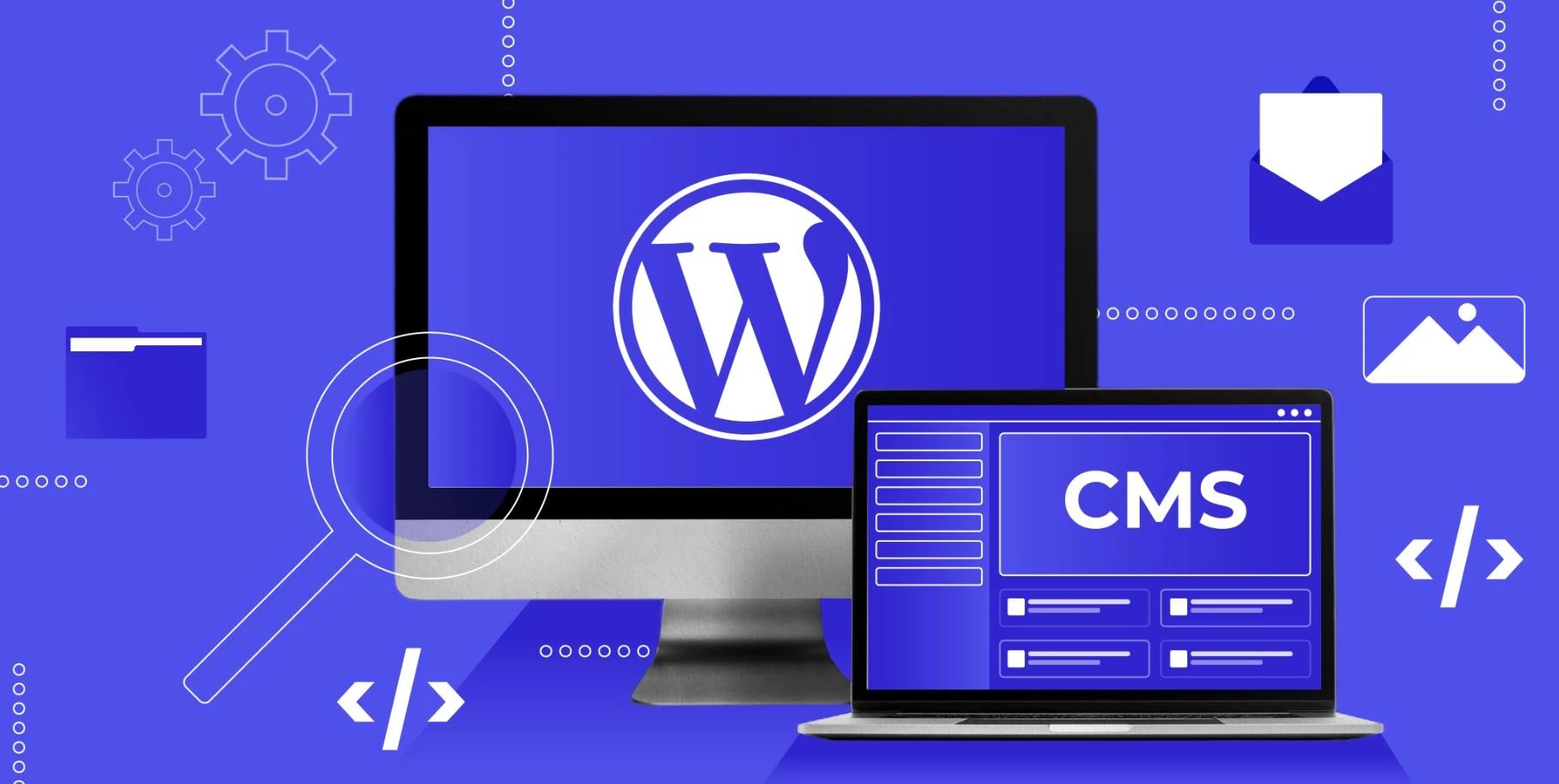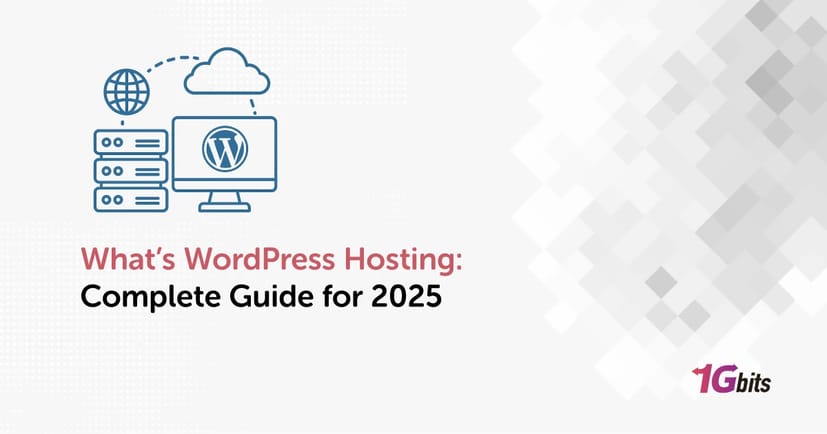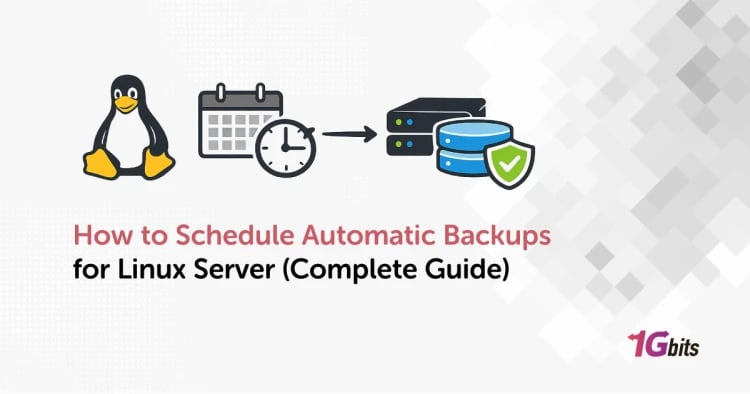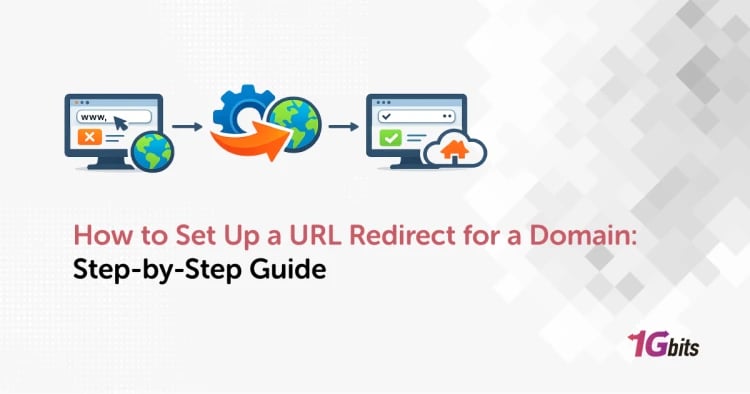If you have ever wondered about WordPress hosting and how it is different from regular hosting, you are on the right path. Over 40% of all websites today are powered by WordPress, and choosing the right host is the first step towards having a super-fast, secure, and reliable site.
WordPress performance optimization has so many sides, with WordPress hosting options from a general one for simplistic WordPress hosting, all the way to managed WordPress hosting. Along the lines of this discussion, we shall review WordPress hosting, how it functions, types of WordPress hosts, costs involved, pros and cons, and a little comparison between WordPress hosting and regular web hosting, so you can try to see which plan will suit your website best in 2025.
📌 What Is WordPress Hosting?
Throughout its history, WordPress hosting has been mostly a specialized web hosting service meant to run WordPress-based websites. Whereas a generalized hosting plan is a subscription-based, multi-platform, and multi-application service, WordPress hosting has an elaborate toolkit of one-click WordPress installation, automatic upgrades, stricter security settings, and servers pre-configured with PHP and MySQL back-end technologies powering WordPress.

The distinction between WordPress hosting and a WordPress hosting plan or provider is quite fundamental: WordPress hosting signifies the concept, a hosting environment carved out for WordPress websites. Conversely, a WordPress hosting plan is the actual package you pay for from a provider and may consist of shared hosting, managed hosting, or professional plans with certain additional features.
⚙️ How Does WordPress Hosting Work?
WordPress hosting works by providing a server environment that is fully optimized for the WordPress content management system (CMS). This ensures smooth performance, security, and scalability tailored to the needs of WordPress websites.
-
PHP Optimization: Servers are pre-configured to run the latest PHP versions, which is the scripting language WordPress relies on.
-
MySQL Databases: Each site runs on a database that stores posts, users, and settings, ensuring quick retrieval of content.
-
Caching Systems: Built-in caching improves speed by storing frequently accessed data, reducing server load and page load time.
-
Specialized Servers: Infrastructure often includes SSD storage, CDN integration, and dedicated resources for handling high traffic.
-
Security Enhancements: Firewalls, malware scans, and WordPress-specific protections guard against vulnerabilities.
Together, these elements create an ecosystem where WordPress websites can run faster, safer, and more efficiently than on general-purpose hosting. By leveraging these optimizations, users benefit from fewer technical issues and a smoother site management experience.
🖥️ Types of WordPress Hosting
WordPress hosting comes in several different forms, each tailored to meet the needs of various users. From individuals running small blogs to businesses managing large-scale websites, hosting options vary in terms of price, performance, and management features. Below are the main types of WordPress hosting plans you’ll come across when choosing the right solution for your site.
If you’re just starting and want a step-by-step tutorial, check our complete guide on how to host your website
🔹 Shared / Basic WordPress Hosting
Shared or basic WordPress hosting is the most affordable option, ideal for beginners and small websites. In this setup, multiple users share the same server resources, which keeps costs low but may impact speed and performance during high traffic periods.
These plans often include one-click WordPress installation, free SSL, and basic customer support, making them a practical choice for personal blogs or simple websites with minimal technical requirements.

🔹 Managed WordPress Hosting
Managed WordPress hosting is designed for users who want a hands-off experience. In this type of hosting, the provider takes care of technical tasks such as automatic updates, daily backups, performance optimization, and advanced security measures.
While it costs more than shared hosting, managed WordPress hosting delivers higher speed, reliability, and professional support, making it a popular choice for businesses and e-commerce sites that cannot afford downtime or performance issues.
🔹 Professional / Plus Hosting Plans
Professional or Plus WordPress hosting plans are advanced solutions that provide more resources, scalability, and flexibility. These plans often include features like dedicated CPU and RAM, staging environments for development, and enhanced security layers.
They are best suited for high-traffic websites, agencies, or enterprises that require premium performance and the ability to handle large volumes of visitors without compromising speed or uptime.
🔹 WordPress Hosting Providers
A WordPress hosting provider is the company that delivers these services, offering different plans to suit various needs. Providers differ in pricing, server infrastructure, customer support, and global data center availability.
When comparing providers, factors like uptime guarantees, speed optimization, and WordPress-specific features should be considered, as the right provider can greatly impact the success and growth of your website.
🔍 WordPress Hosting vs Web Hosting
Many beginners wonder about the difference between WordPress hosting and general web hosting. While both provide space on a server for your website, WordPress hosting is tailored specifically for WordPress sites, whereas web hosting can support multiple platforms and applications.
|
Feature / Aspect |
Web Hosting 🌐 |
WordPress Hosting 📝 |
|
Optimization |
Generic setup for all websites |
Optimized for WordPress (PHP, MySQL, caching) |
|
Ease of Use |
Manual setup required |
One-click WordPress installation |
|
Performance |
Varies depending on the provider |
Tuned for faster WordPress performance |
|
Security |
Standard security tools |
WordPress-specific firewalls & malware protection |
|
Support |
General hosting support |
WordPress-trained specialists |
|
Pricing |
Usually cheaper |
Slightly higher but with added features |
WordPress Hosting vs Web Hosting
Overall, web hosting is versatile and can support any type of website, while WordPress hosting is specialized for users committed to the WordPress platform. If your goal is to build and grow a WordPress-based site, choosing WordPress hosting is the smarter and more efficient option.
💰 Free & Cheap WordPress Hosting
For beginners or hobbyists, the idea of free WordPress hosting can be tempting, but it comes with significant limitations. Cheap hosting plans, on the other hand, provide affordability while still offering basic reliability and support for small websites.
|
Option |
Pros ✅ |
Cons ❌ |
Best For |
|
Free WordPress Hosting |
No cost, quick setup |
Limited storage, ads, poor performance, no custom domain |
Testing or learning |
|
Cheap Shared Hosting Plans |
Very affordable ($2–$5/month), includes SSL & domain options |
Limited resources, slower during traffic spikes |
Personal blogs, small sites |
|
Low-Cost Managed Hosting |
Optimized performance, automated updates, better security |
Higher price ($10–$15/month) compared to shared hosting |
Small businesses, freelancers |
While free hosting might work for testing or personal use, it’s not reliable for long-term projects. Cheap WordPress hosting plans strike a balance between cost and stability, making them a better starting point for most users.
💡 WordPress Hosting Plans & Costs
The cost of WordPress hosting plans varies depending on the type of service, features included, and the hosting provider. On average, prices range from just a few dollars per month for basic plans to significantly higher rates for managed or professional hosting.
-
Shared / Basic Hosting: Typically costs between $2 to $5 per month, making it the most budget-friendly option.
-
Managed WordPress Hosting: Prices usually start at $10 to $30 per month, offering better performance and support.
-
Professional or Plus Plans: Can range from $30 to $100+ per month, depending on dedicated resources and advanced features.
-
Extra Features: Add-ons like SSL certificates, backups, CDN integration, and premium support can increase overall cost.
-
Provider Reputation: Established providers may charge more, but often deliver stronger uptime guarantees and faster servers.
Overall, choosing the right plan depends on your budget, traffic expectations, and performance needs. By balancing cost with features, you can avoid overpaying while still getting reliable hosting for your WordPress site.
For users who need more power, scalability, and dedicated resources, a 1Gbits WordPress VPS is one of the best solutions available in 2025.
✅❌ Pros and Cons of WordPress Hosting
Like any hosting solution, WordPress hosting comes with both advantages and disadvantages. Knowing these can help you decide whether it’s the right choice for your website.
Advantages of WordPress Hosting
-
Optimized servers designed for WordPress speed and performance.
-
One-click installation and automatic updates for easier setup.
-
Enhanced WordPress-specific security measures and firewalls.
-
Expert support teams trained in WordPress troubleshooting.
-
Scalable options for growing websites and high-traffic needs.
Disadvantages of WordPress Hosting
-
Slightly higher cost compared to regular shared web hosting.
-
Limited flexibility if you want to host other CMS platforms.
-
Resource restrictions on cheaper shared hosting plans.
-
Managed hosting may limit technical control for advanced users.
WordPress hosting provides convenience, security, and performance benefits, but may not always be the cheapest or most flexible option. The key is to balance your website’s requirements against the pros and cons before making a decision.
🔑 Choosing the Best WordPress Hosting in 2025
With so many providers available, selecting the best WordPress hosting in 2025 requires focusing on critical factors such as speed, uptime, security, and customer support. Different types of hosting plans are suited to different use cases, so the right choice depends on your website’s size and purpose.
|
Criteria / Use Case |
Best Option 🏆 |
Why It Works |
|
Speed & Performance |
Managed Hosting |
Optimized servers, built-in caching, CDN support |
|
Reliability & Uptime |
Professional/Plus Plans |
Dedicated resources ensure higher stability |
|
Small Blogs & Personal Sites |
Shared Hosting |
Affordable, easy setup, includes basic WordPress tools |
|
E-Commerce & Business Sites |
Managed Hosting |
Strong security, backups, and expert support |
|
High-Traffic Websites |
Professional Hosting |
Scalable resources to handle peak loads |
By matching your website’s needs to the right hosting plan, you ensure optimal performance without overspending. Taking time to evaluate speed, uptime, and support guarantees a smarter investment for your WordPress project in 2025.
Conclusions
If you are building a fast, secure, and reliable WordPress website in 2025, you surely must have an understanding of what WordPress hosting is and how it differs from traditional web hosting. Plans from budget shared ones to fully managed enterprise solutions will fit into any price point and use case.
The right plan will depend on your needs concerning performance, security, and potential accumulation of your website. With 24/7 expert support, instant setup, and global data centers, 1Gbits ensures your WordPress site runs smoothly anywhere in the world.





![What Is Cold Data Storage? ❄️ [2026 Guide] What Is Cold Data Storage? ❄️ [2026 Guide]](https://1gbits.com/cdn-cgi/image//https://s3.1gbits.com/blog/2026/02/what-is-cold-data-storage-750xAuto.webp)
![What Is Virtual Desktop Infrastructure? 🖥️ [VDI Explained] What Is Virtual Desktop Infrastructure? 🖥️ [VDI Explained]](https://1gbits.com/cdn-cgi/image//https://s3.1gbits.com/blog/2026/02/what-is-virtual-desktop-infrastructure-vdi-750xAuto.webp)

